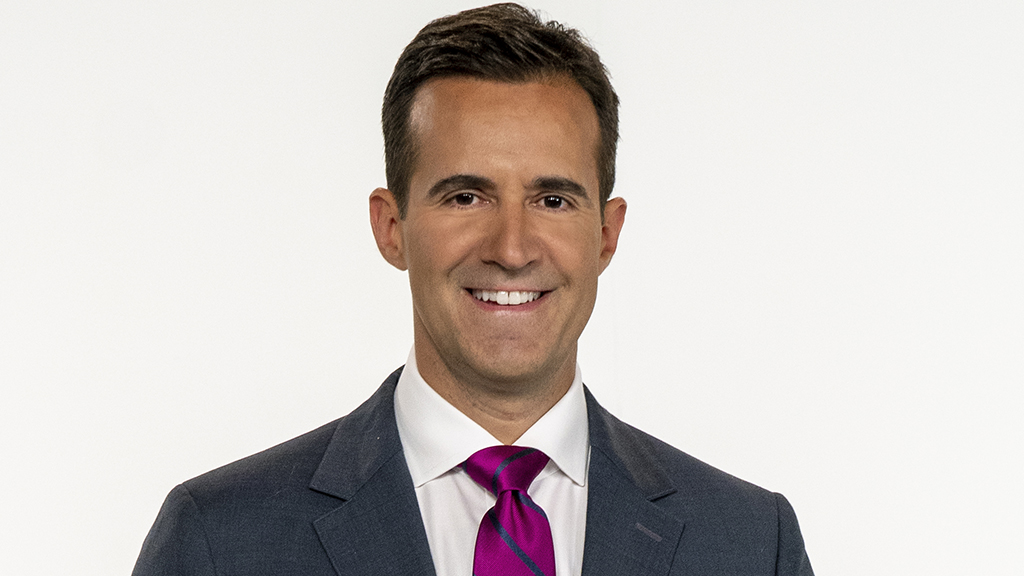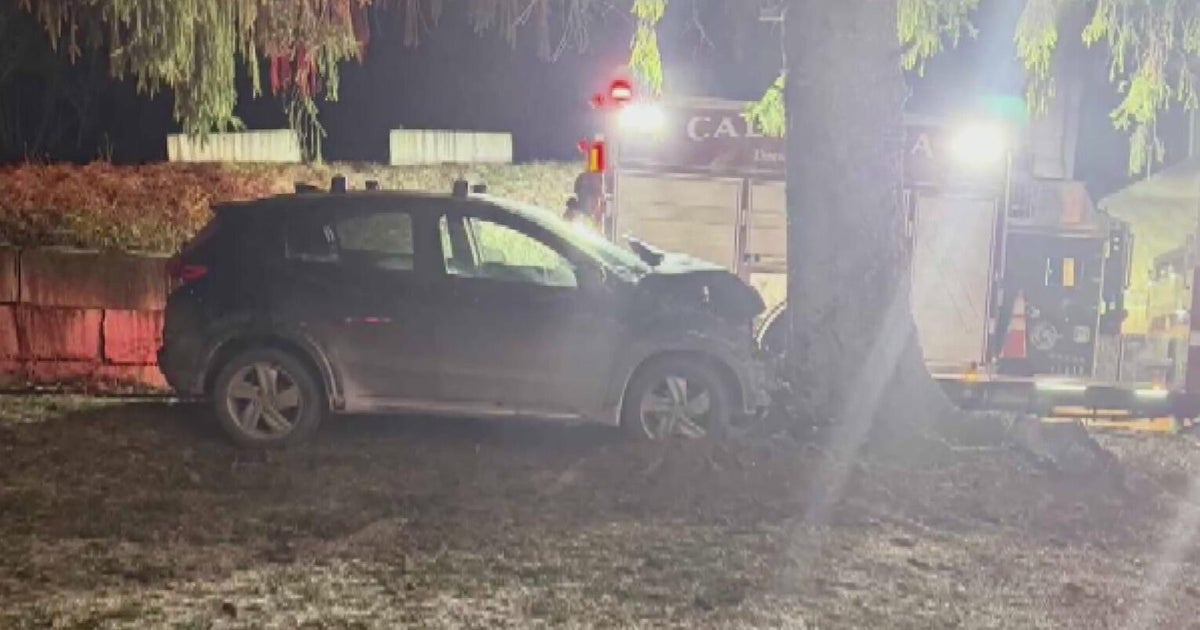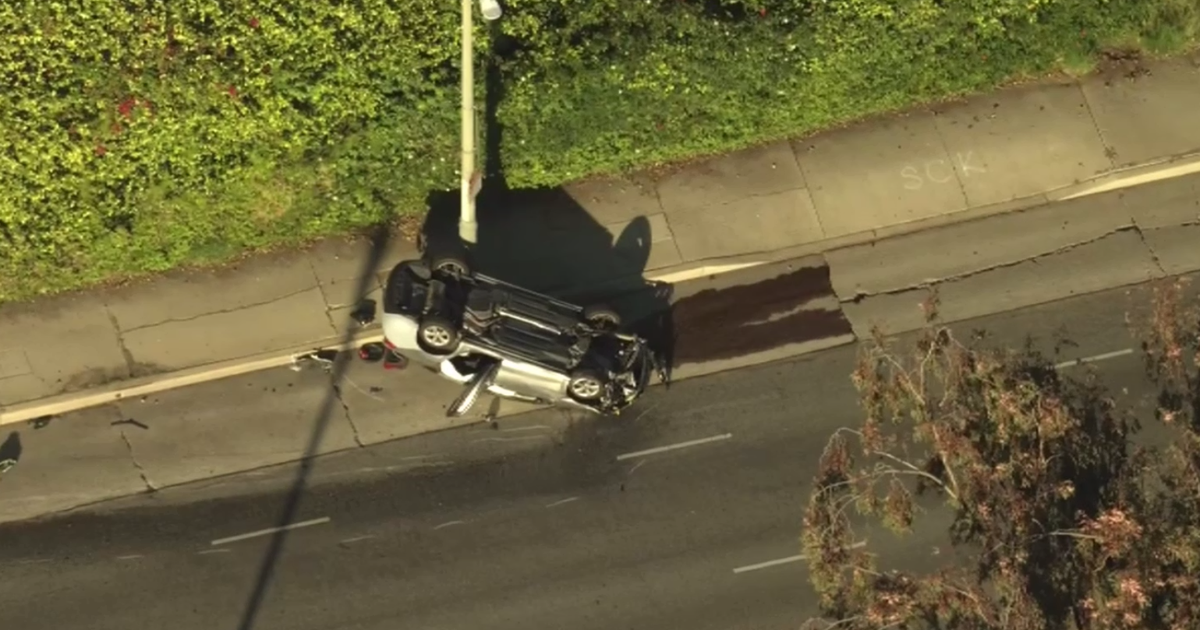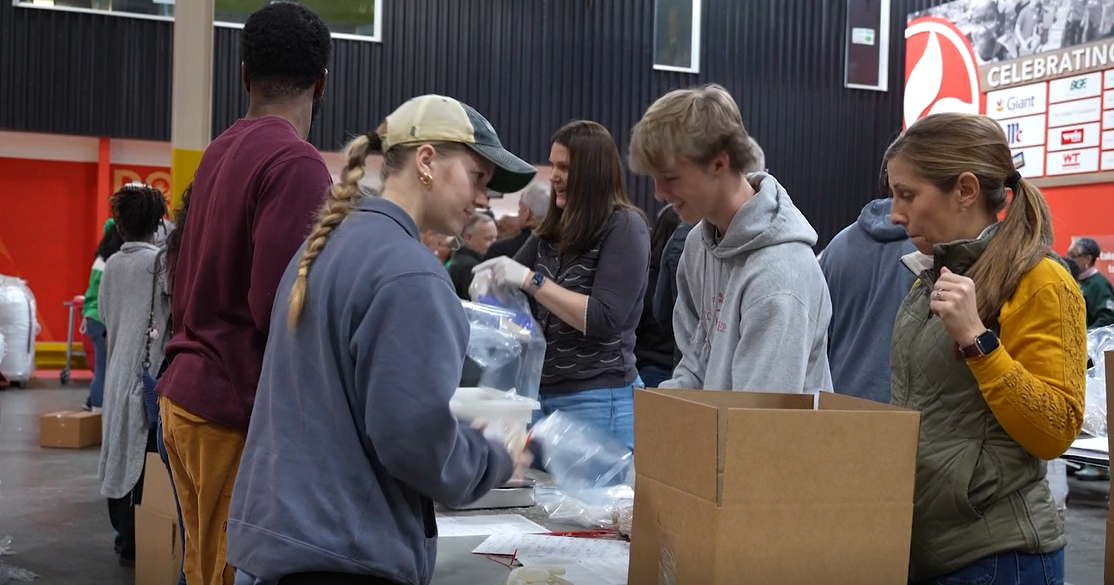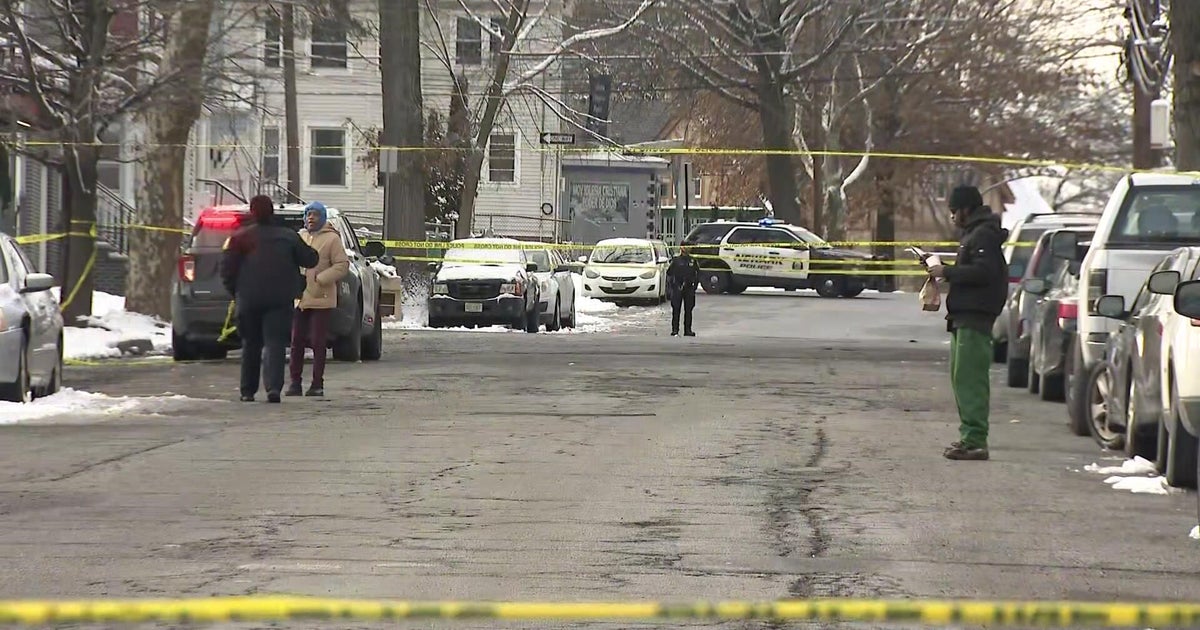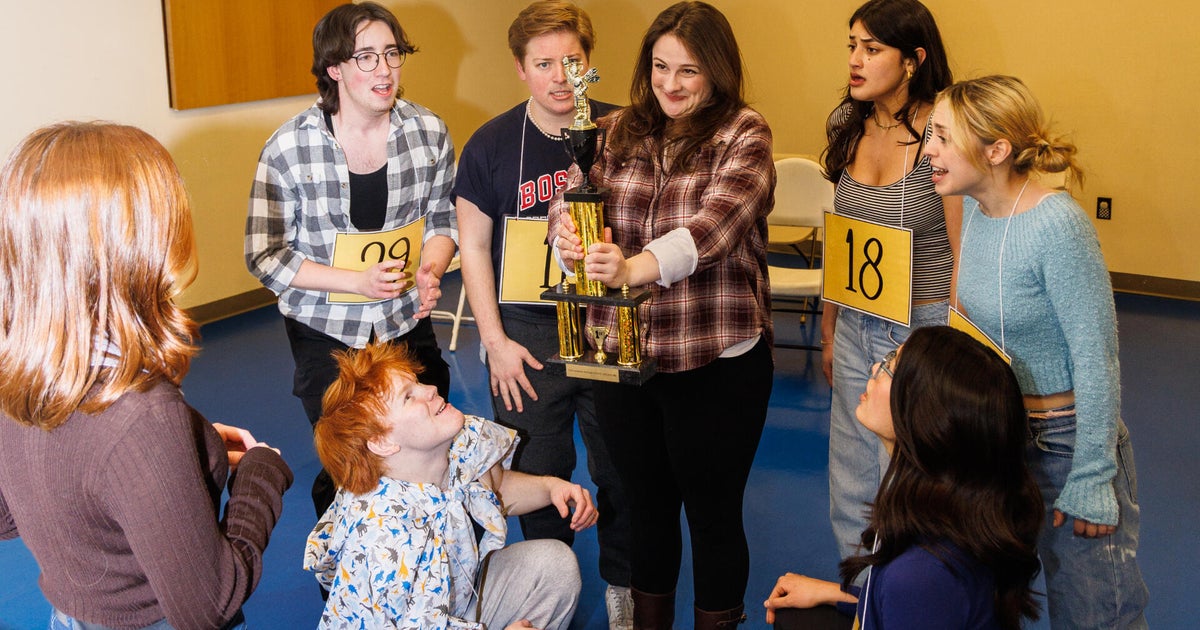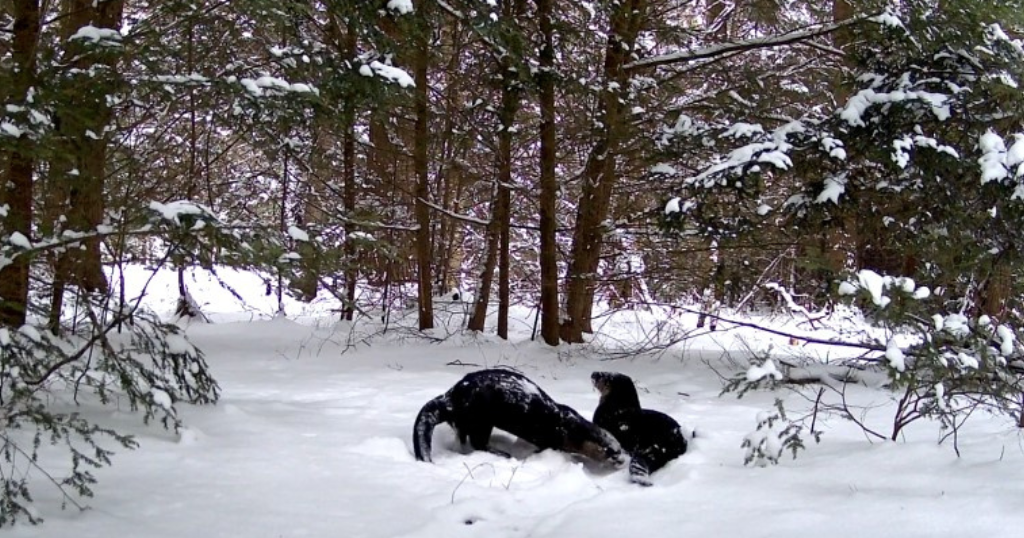Charlestown company hopes their robot will encourage people to walk more
BOSTON -- A Charlestown company is envisioning robots as a key to battling climate change. Piaggio Fast Forward, a subsidiary of the company that makes Vespas, has created a small, rolling robot capable of following users all around town.
It is called Gita -- that's Italian for "short trip."
CEO Greg Lynn said it may remind you of a certain space opera droid, "It's about as close to an R2-D2 experience as a person could have."
Lynn's goal is to get more people outside, walking to the store instead of using the car for a short trip. And hopefully, cut down on carbon emissions. He believes the Gita could be key to making that happen.
"Just a gallon of milk is the break point between you walking a mile and driving a car," Lynn said.
The setup is simple.
"You just touch this pairing button once," Lynn explained. "It detects that I'm a person and it will just start following me."
The Gita can hold about 20 pounds and travels at a maximum speed of six miles per hour. It uses several cameras, sensors, and radar to navigate.
"Everything is designed for pedestrian use. So, they can accelerate as fast as a person. They can brake as fast as a person."
The robots are also being used in a business setting.
As For Now, a retail shop in the Seaport, co-founder Kaity Cimo uses it to tote around inventory and even takes it for walks around the city.
"We always get people that come up to us," said Cimo. "Which is an added bonus for the product, it's really a way to meet people that you would have never initially talked to."
Cimo also finds it helpful on trips to the store. "I put everything right in there. I had some wine. I got cheeses and everything like that."
Lynn said Gita's downsides are minimal but admitted there are a few.
Snow and heavy rain can be tricky. And as far as the city's cobblestones and bricks, those are a great way to put the Gita to the test.
"If there's a place that's rough in terms of modern infrastructure, Boston is definitely one of those places. It's handy that we do all of our testing and development here in Boston. Because if it works in Boston, it can kind of work anywhere," he said.
